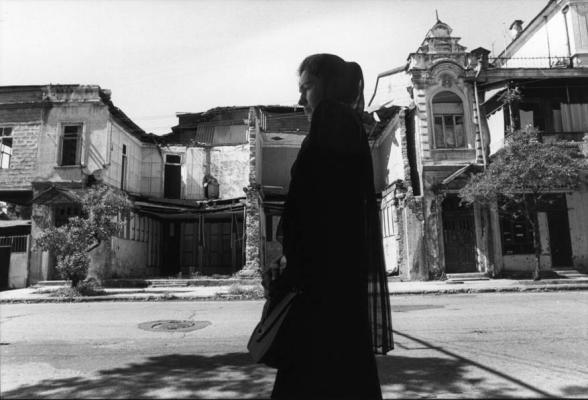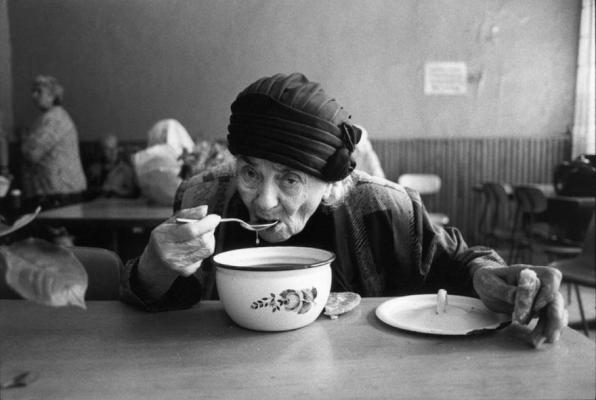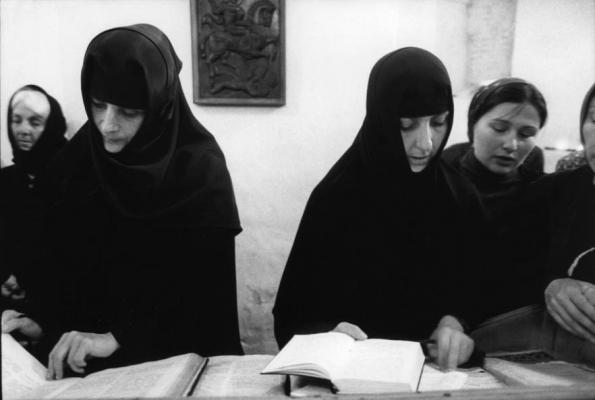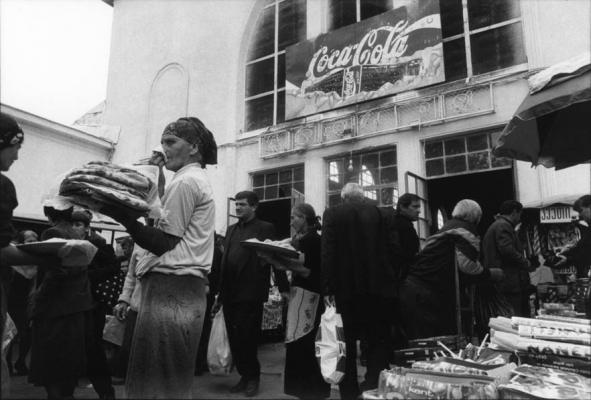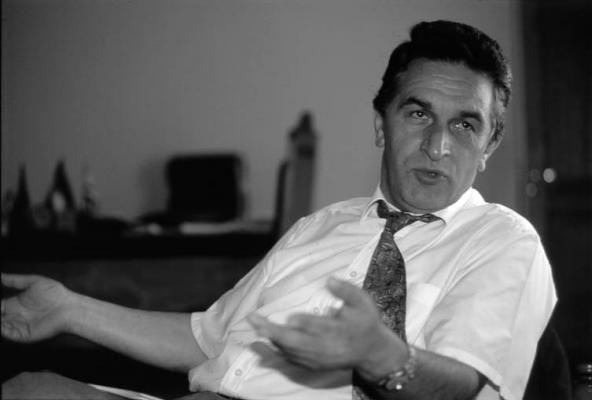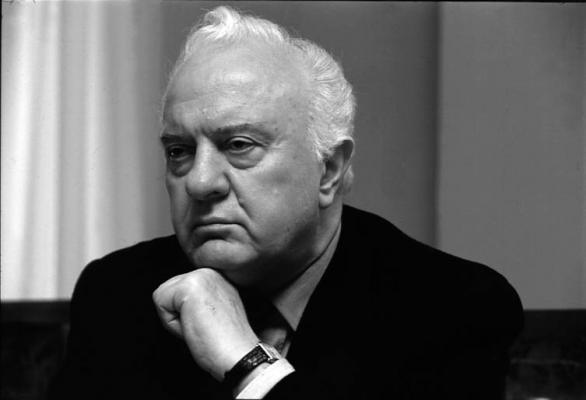Report from Abkhazia
APF Fellow
- Share this
- Print this
- Updated on Tue, 2011-05-03 10:32
Alicia Patterson Foundation © 2023
1100 Vermont Ave. Suite 900 Washington, D.C. 20005 Phone: 202/393-5995 Fax: 301/951-8512
Alicia Patterson Foundation © 2023
1100 Vermont Ave.
Suite 900
Washington, D.C. 20005
Phone: 202/393-5995
Fax: 301/951-8512
